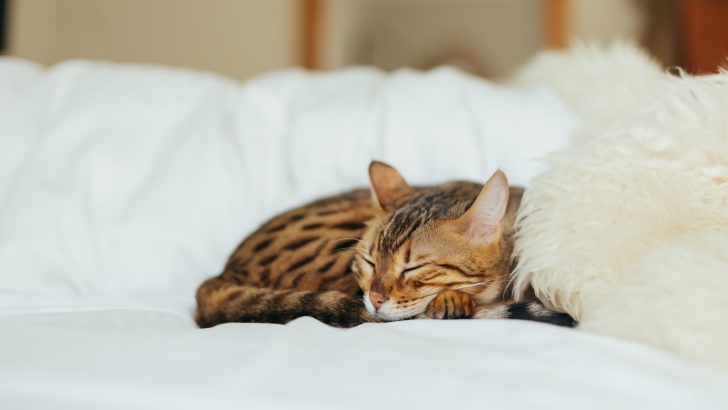Hey guys, it’s Emma in another episode of pet store questions that I had to answer. I’ve heard the question “Are Bengal cats hypoallergenic?” a bunch of times these days, so I’ve decided to write a word or two.
There is a decent amount of people who are allergic to cats and some of them overheard that Bengal babies aren’t dangerous. So, what’s the catch? Is it true? I’ll tell you in a minute, but first, we have to cover the basics.
Bengal cats are medium to large-sized cats that have beautiful leopard-like spots on their glossy fur. They are one of those short-haired furbabies, so you won’t have a lot of problems cleaning up after them. Their hypnotic green or gold eyes, often ringed with an exquisite dark line, will take your breath away.
As for their personality, they are extremely energetic and friendly cats. They’ll challenge you every step of the way, but I guarantee you’ll enjoy their company. Bengal cats are exceptionally intelligent and graceful creatures.
And don’t expect that these beauties will stay in their corner and calmly wait for you to serve them food. No. They’ll be extremely vocal about their needs. If they want your attention, you’ll know it. Make sure you play with your feline a lot because she won’t be the type to sit on your lap the whole day.
Okay, enough about them. If you have more questions, you know where to find me. Now back to the topic…
Are Bengal cats hypoallergenic?
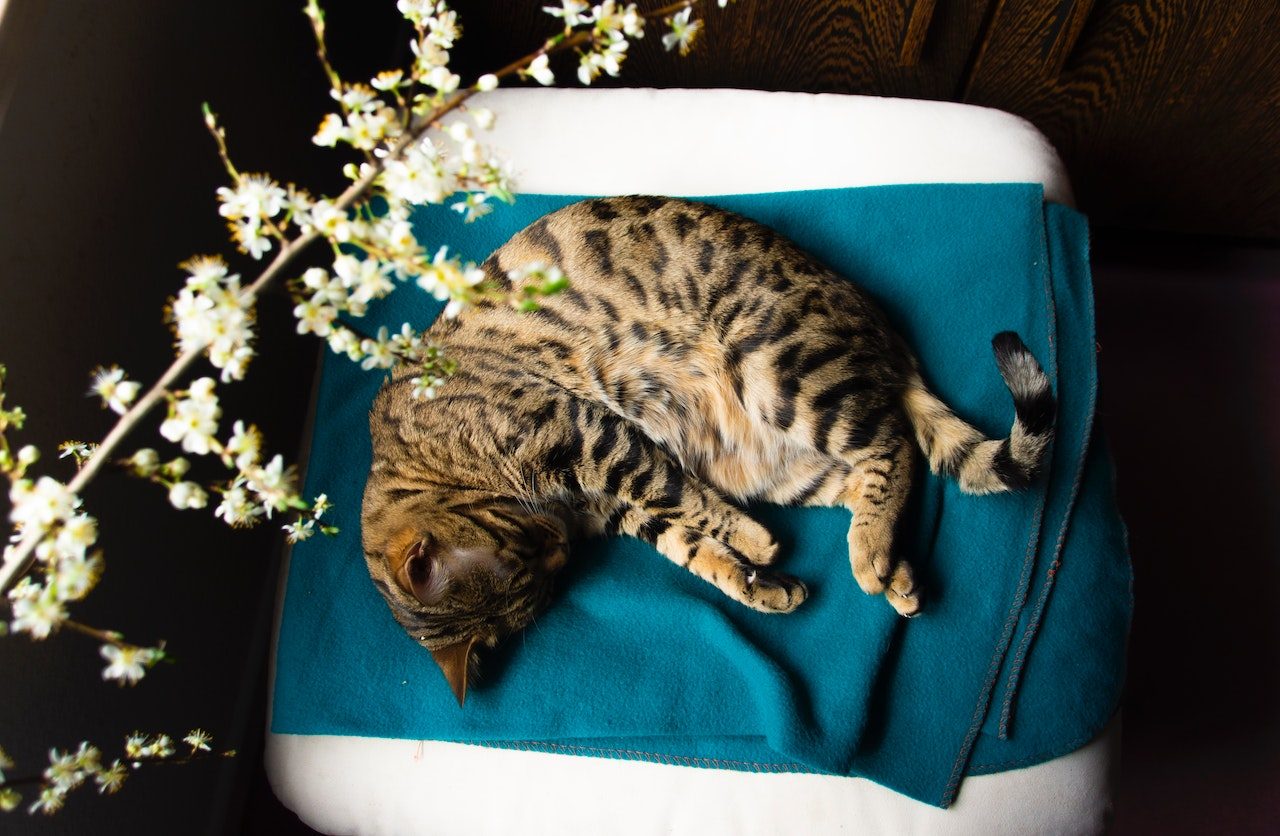
The answer will be yes and no, depending on how you define hypoallergenic. Some people believe that this means that these furbabies can’t trigger your allergies at all, which is not true. So in that case, the answer would be no.
What does it actually mean that Bengal cats are hypoallergenic? This means that they are less likely to cause allergies, but it’s not impossible. Therefore, the answer, in this case, is yes. Bengal cats are hypoallergenic.
There are a couple of allergens when it comes to cats and those include dander (dead skin cells), fur, saliva, urine and poop, sweat, tears, and mucous. All of them contain a protein that causes allergic reactions in the majority of cases. It’s called Fel d 1 and it can cause mild to severe symptoms.
If you’re allergic to it, your immune system will react, making you sneeze or causing you problems with breathing. Other ways your allergy may show up are simple skin irritation, all the way through to extreme swelling to anaphylactic shock.
There are a couple of cat breeds that produce less of this protein; therefore, they don’t cause such severe reactions in cat-allergic owners. These include, but are not limited to, British Shorthair, the Devon, Cornish Rex breeds, and the only one that’s hairless, Sphinx. Of course, Bengal cats are on this list too.
So what’s the reason Bengal cats are considered to be hypoallergenic?
1. Less dander
Dander is actually the main cause of human cat allergies, contrary to the popular belief that feline hair is. Your feline’s dead cells are full of protein Fel d 1 and they can make you sneeze or cause other allergic reactions even if she’s not in the room.
So, are Bengal cats hypoallergenic if they produce dander as well? Well, it’s inevitable that her dander will be around and show up in places you wouldn’t like, but it won’t be too serious.
You have to know one thing. The reason people will still argue with you that a cat’s fur is the thing causing allergies is that her fur actually carries dander all around. These dead cells stick to her hair and every time she sheds or grooms herself, they end up everywhere.
Which leads me to my next point: What’s the deal with Bengals and shedding?
2. Less shedding (they groom themselves less often)
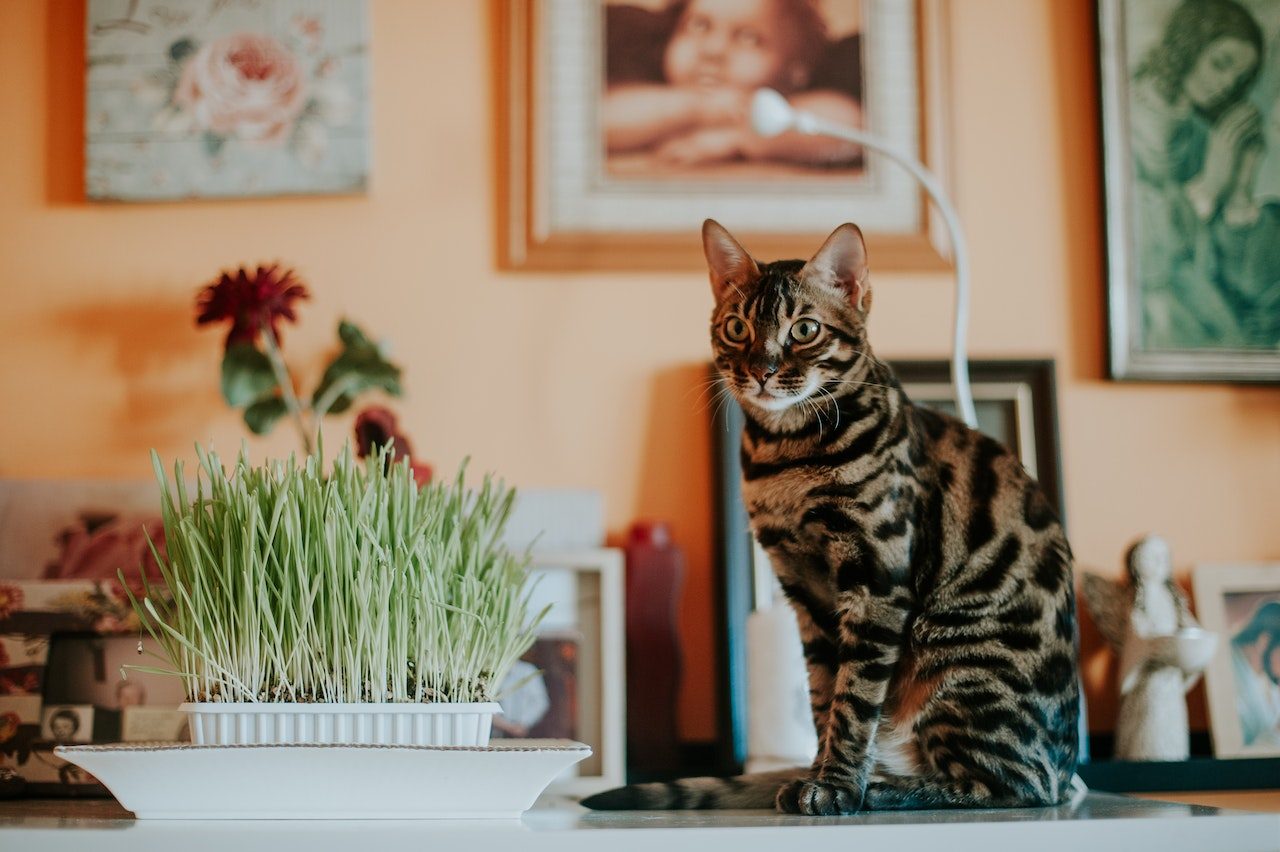
Well, you’d be happy to hear that Bengal cats actually shed less. Her fur is very short, therefore not a lot of dead cells can stay on hair strands. They also only have one layer, making it easier for them to take care of their sleek and silky look.
But are Bengal cats hypoallergenic if they don’t shed as much as some other cat breeds?
Well, the fact that they aren’t big groomers is a plus point. It takes time for her fur to get dirty and therefore, she doesn’t need to constantly clean herself. Because of that, her owners don’t come in contact with the protein Fel d 1 that causes allergic reactions as much.
Also, you can easily wet cloth and clean your furbaby. This way you’ll almost completely prevent the allergens from wandering around your living space. Great news, isn’t it?
Still, we can’t be brave enough and say that this cat breed is 100% hypoallergenic. That would just be too much.
3. Less Fel d 1 protein
“Wait, does a Bengal cat not produce Fel d 1?” No, it doesn’t mean that she doesn’t produce it at all. Every cat breed generates at least a little bit of it, making all of them pretty dangerous for people who have severe allergic reactions.
However, there are some scientists who are working on research to help them get to the core of the problem, and it seems like they may even manage to genetically modify certain cat breeds in order for them to be completely hypoallergenic. But we’ll see about that.
How important is nutrition for a Bengal cat?
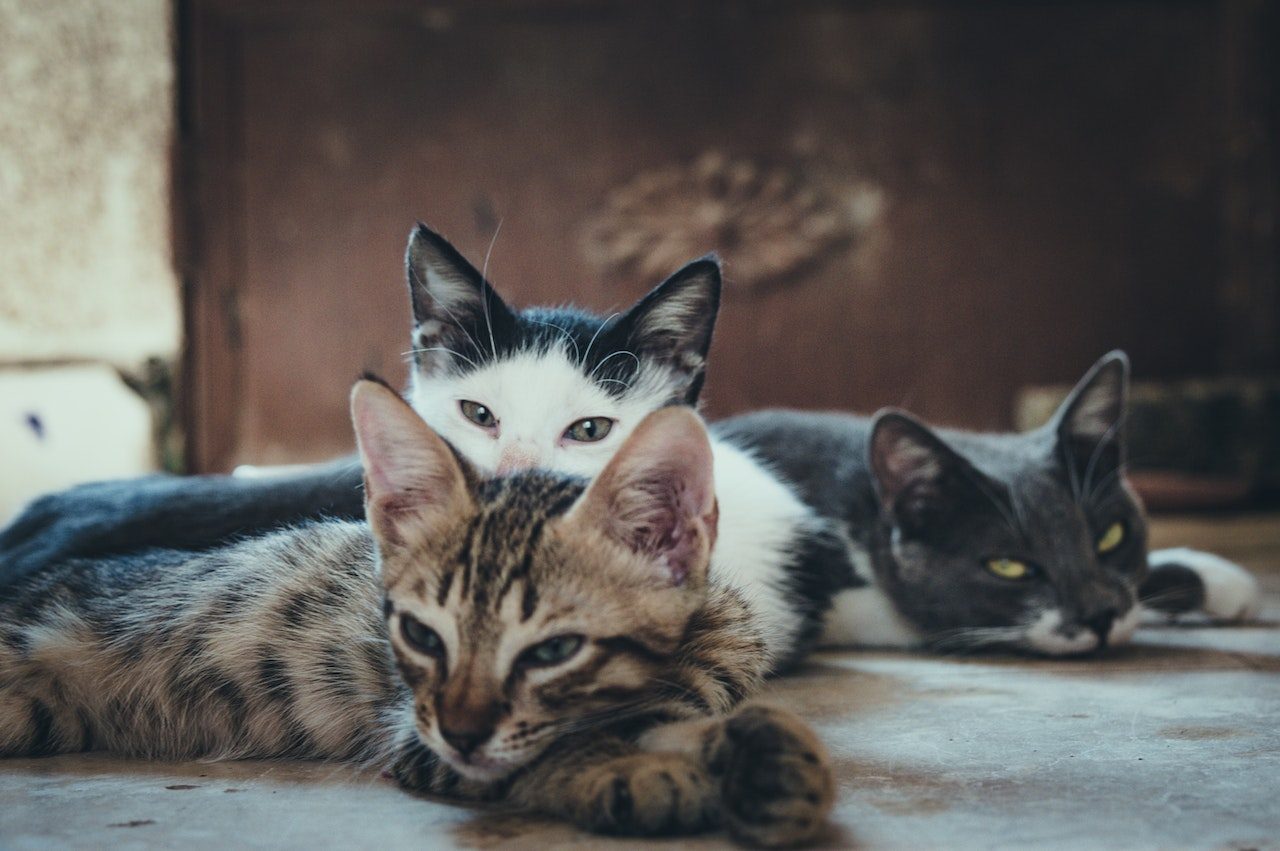
One of the most important things for every feline is her nutrition. Of course, cats are obligate carnivores, but they definitely need a well-balanced diet. The food you’re serving to your furbaby is not the cure for your allergies, so don’t think that all your problems will be solved if you serve your cat healthier meals.
However, the first-class diet for your fur buddy will definitely bring about some slight changes. If you serve her balanced meals full of good fats and if you keep her hydrated, her coat will definitely be stronger and healthier.
Not only will it be visibly shinier and softer, but this will also make her shed even less. But remember, this won’t help your Bengal cat to be completely hypoallergenic.
So, what kind of diet should your Bengal cat have?
1. Proteins
It’s really important to emphasize that we’re talking about animal proteins here. You can serve her some tuna that is rich in Omega 3 acids, chicken, or turkey. This way, your feline will have a shiny and healthy fur coat, strong muscles, and healthy skin.
Her diet should include more than 50% of animal proteins, so her body can get enough taurine. Taurine is an amino acid responsible for the normal functioning of her central nervous system, and the proper performance of her organs and muscles.
2. Fat
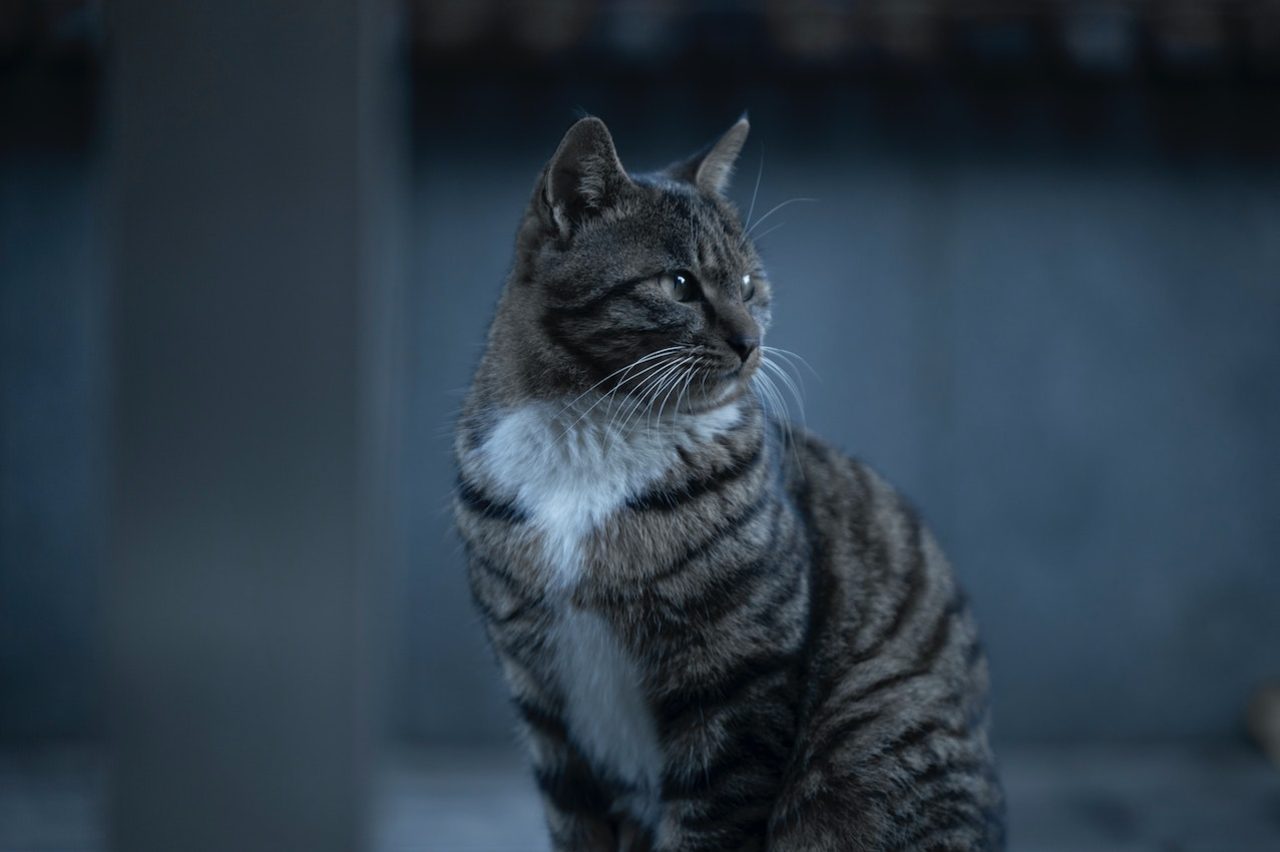
Again, we’re talking about animal fat, which is a great source of energy for your feline. When it comes to Bengal cats, these fatty acids will help to keep their fur and skin in perfect shape. If your furbaby is a picky eater, offer her a meal that is rich in fat and watch how it gives her a satisfying feeling of satiety.
You can serve her chicken or turkey, pork or beef, and provide her with the proper amount of animal fat. If you want to give her something delicious and healthy, but fatty at the same time, the best non-animal sources are corn, soybean, and safflower oil.
Make sure that the amount of animal fat never exceeds 20% of her diet, though, because too much of it can lead to obesity and other health problems you definitely want to avoid.
3. Vitamins and minerals
Of course, vitamins and minerals are important in your feline’s diet. Your Bengal furbaby needs vitamins A, B, D, and E. These can mainly be found in fish, eggs, meat, milk, and butter.
For her body to function normally, she also needs small amounts of zinc, magnesium, potassium, and calcium. To fulfill these needs, you can serve her spinach, zucchini, soybeans, and oysters.
4. Water
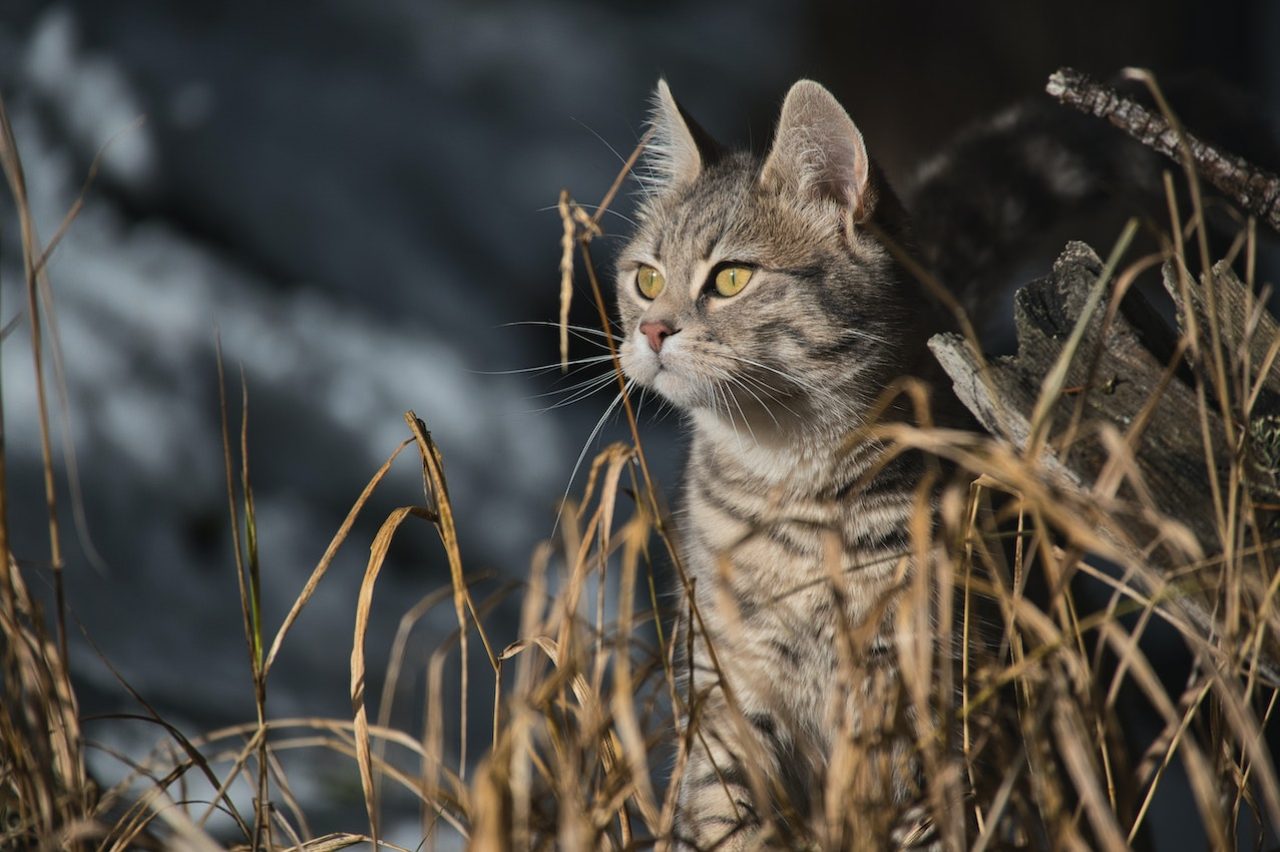
You can compare this to yourself, right? You need enough water to survive the day and staying hydrated is something that, kind of, comes naturally. Therefore, you can easily conclude that your feline needs water as well.
She’s not going to drink a lot of water if you’re serving her wet food. That kind of food is keeping her hydrated to some extent. But if your cat refuses to drink water altogether, she may have some medical issues and you should consult your vet immediately.
How can you minimize allergy symptoms?
It’s time to finally answer this question. It can be really annoying to have allergies, especially if you’re a true cat lover. But, is it possible to stop having an allergy, or at least to reduce allergy symptoms?
There are a couple of tips I’ve prepared, but don’t forget to check with your doctor if you can actually have a cat. For some people (usually those who have mild allergy symptoms) this may work, but don’t expose yourself on your own and risk your health.
No matter how strong your love is for these furbabies, you should prioritize your own well-being. Even though Bengal cats are the closest to what we could call “completely hypoallergenic cats,” they still can cause some allergic reactions.
The best thing would be to perform a 24h test before deciding to have a feline in your home. This means that you find someone who has a Bengal cat and spend some time with her.
If you know the owner, you can arrange a couple of meetings. That way, you’ll be able to estimate your allergy levels and decide if you want to have this beautiful feline as your pet, or not.
Be that as it may, let’s see what you can do to minimize allergy symptoms.
1. Avoid cuddling
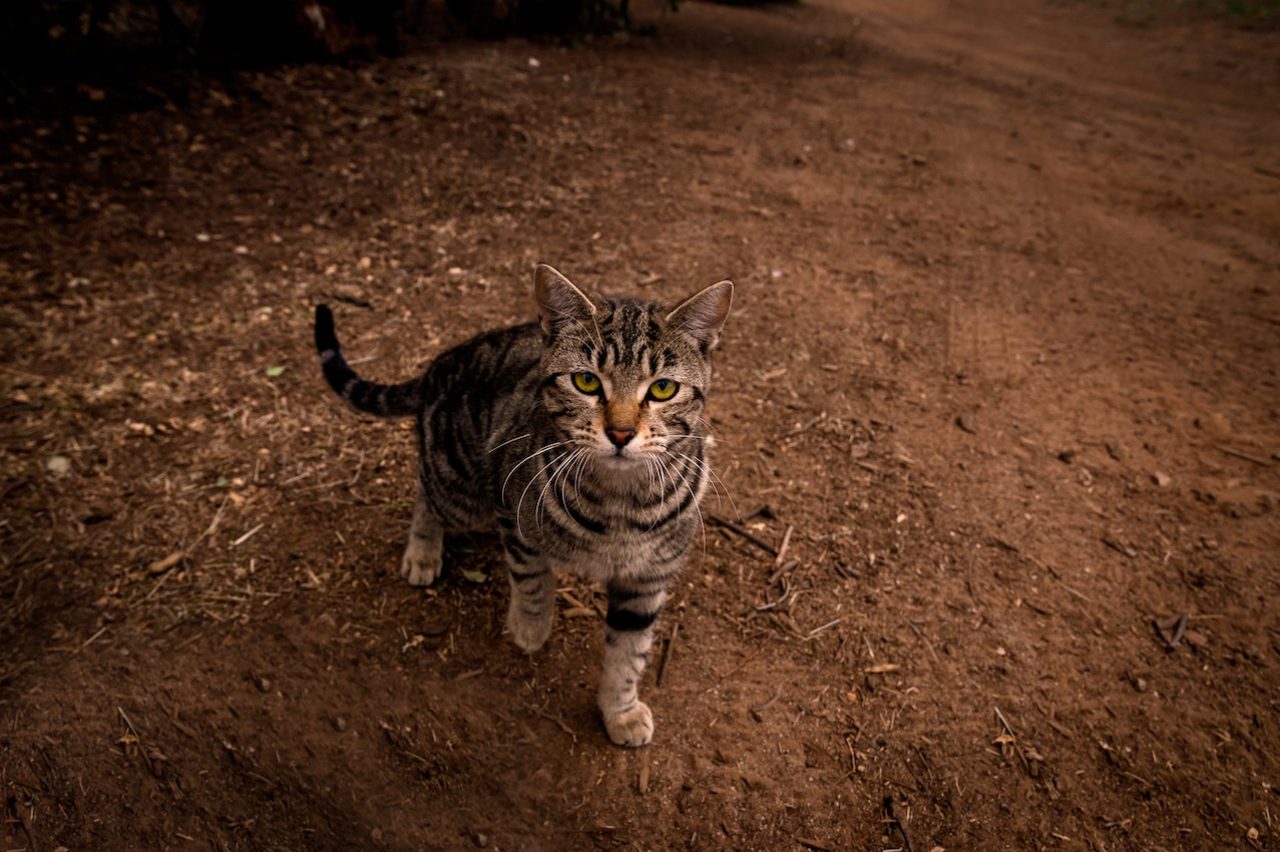
This may actually be the toughest assignment you’ll have to fulfill. If you’re a cat person, you’ll want to spend the whole day with your furbaby. But snuggling and kissing your feline is a no-go in your situation. Being allergic to cats means that you can’t actually be with them too much.
Their fur and dander are causing allergies, so if you cuddle her too much, that may be a bit tricky. Try to refrain from hugging that furball if you want to soothe your symptoms.
2. Wash your hands regularly
This is an easy task. All you have to do is to wash your hands regularly. Every time you pet your furry friend or play with her, go directly to the basin. And don’t touch your face, your clothes, or anything before you wash your hands thoroughly.
While this won’t help you get rid of your allergies entirely, it will definitely help you soothe them at least a bit.
3. Train your feline
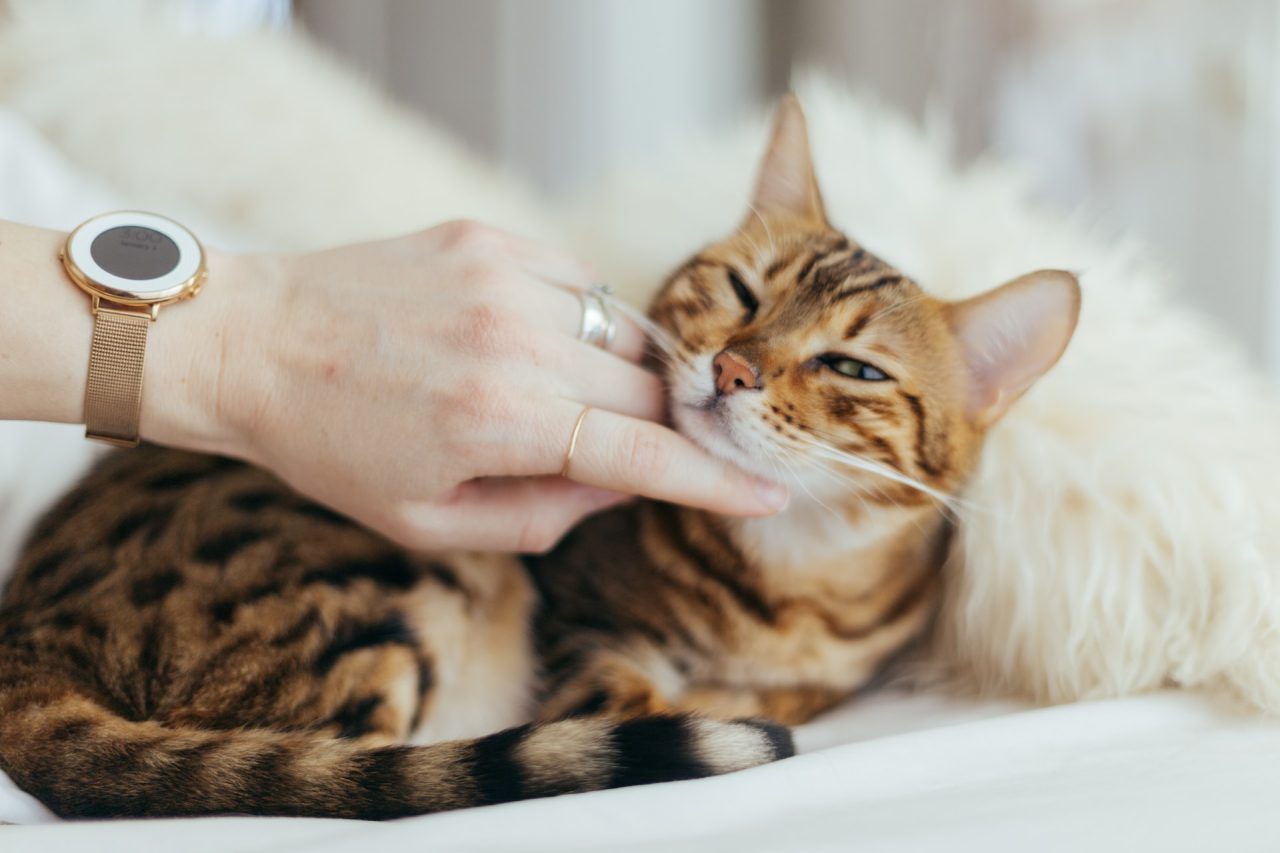
Yup, you’ve read it right. Train your feline to go outside to the balcony or porch and use her litter box outside. Teach her that the sofa is just for people and that she can’t hop on there every time she wants to. This is surely not going to be an easy task, so don’t hesitate to ask for help.
You can consult with your vet – maybe he knows a couple of tips and tricks. Or, you can always reach out to the professionals who can handle this.
4. Ask for help with taking care of your cat
If you’re allergic to kitties, you can always ask your friends or family members to help you. The main problem for you will be cleaning the litter box since it has cat pee and feces in it, which contain two of the main allergy triggers. Therefore, someone jumping in to clean it instead of you would be amazing.
5. Use an air purification system
One thing that some people swear by is an air purification system. These devices basically clean your air – absorbing all the allergens that are present, cleaning the air, and releasing the depolluted air back into your indoor space.
There are many different options, but our personal favorite is this one from Levoit since it does miracles for people with allergies.
Still, you should check what suits you the best and get one if you think that it may help with your allergies. Just pay attention that the purifier doesn’t release some pollutants in the process of cleaning your air.
6. Clean your home often
This should be an easy task since you’re already doing it. Try to ditch carpets because you’ll make cleaning so much easier. Make sure you clean your sofa regularly, and don’t let your feline into your bedroom if you have severe symptoms.
Use some cleaning products that are non-toxic for felines and that have a pleasant or neutral fragrance.
7. Use medication
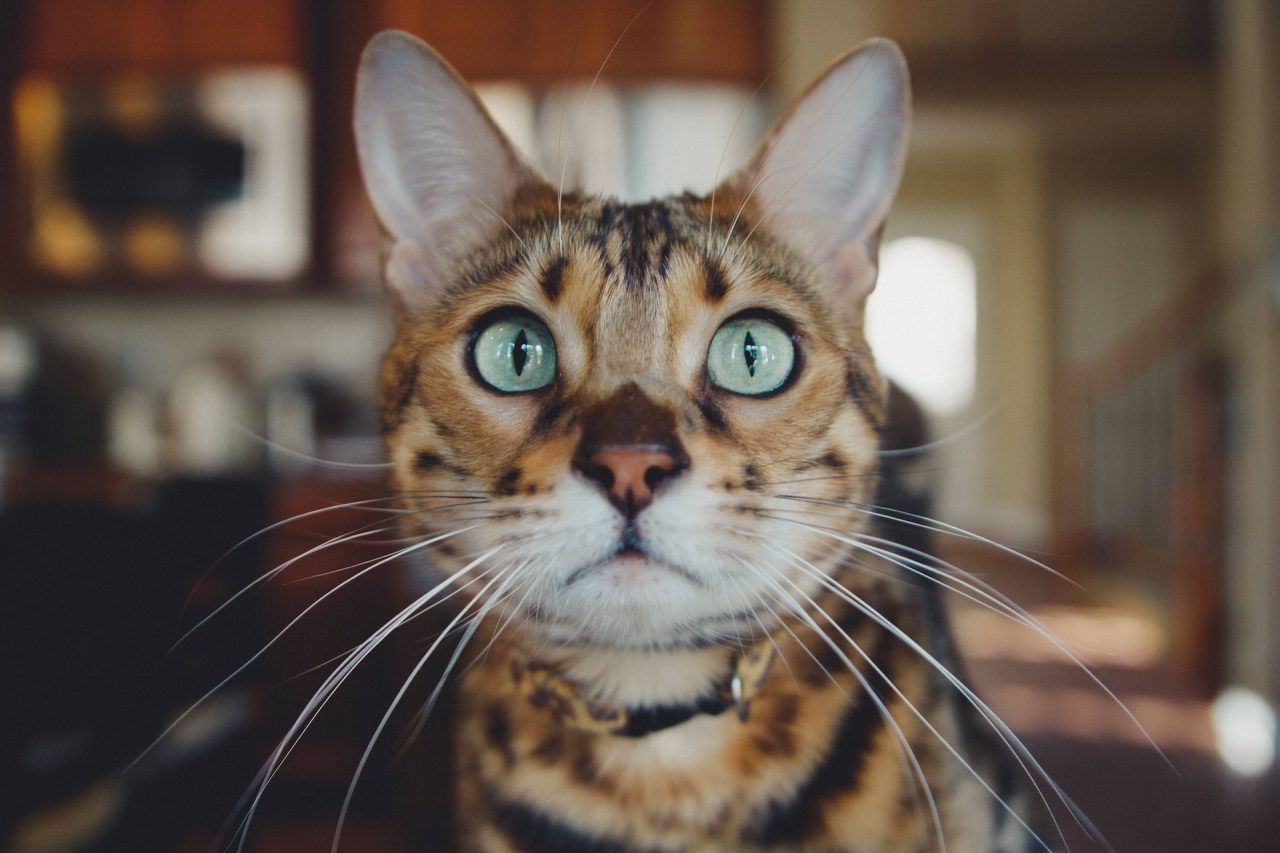
If everything else fails, you know that medication will always be a go-to backup. Visit your doctor and ask him to prescribe you some pills for your allergies. In my opinion, this is the worst-case scenario, but if you really have problems around cats, and still can’t stay away from them, go ahead.
Final words
It’s awful to be allergic to the very creatures you can’t imagine your life without. There’s no cat breed that’s completely hypoallergenic, but Bengal cats rank pretty high on the list of “almosts.” They are the perfect choice for you if you badly want a furry feline.
You can also opt for breeds that are good for cat-allergic owners (besides Bengal cats, that is) and enjoy your almost allergy-free experience.
Of course, there are multiple ways to ease your problems, some of them mentioned above. Therefore, choose your weapon of choice and enjoy spending time with your furbaby.

